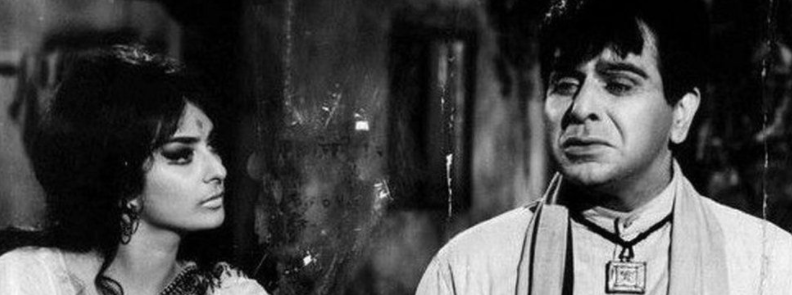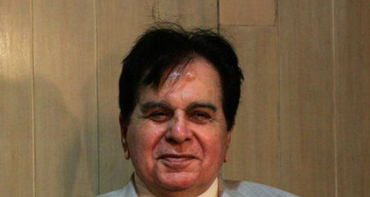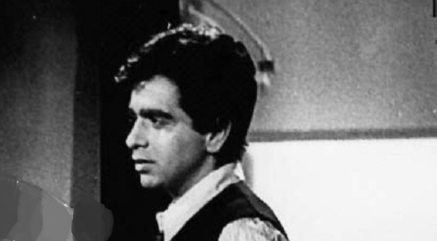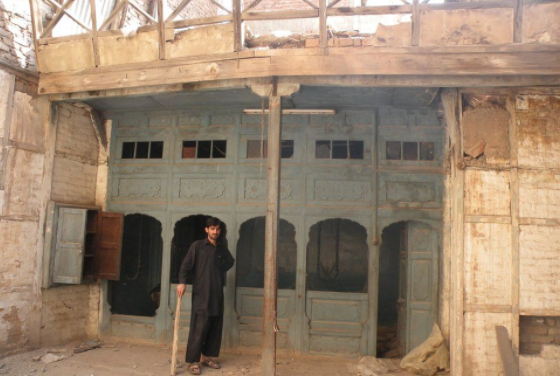
Dilip Kumar has died aged 98





Dilip Kumar, legend who acted in more than 65 Bollywood films spanning five decades playing a variety of iconic roles has died in Mumbai aged 98. He was admitted to hospital on 30 June after breathlessness complaint. He is survived by his wife Saira Banu, a Bollywood actress herself. His burial will take place at 17:00 local time (11:30GMT). Several Bollywood stars including Shah Rukh Khan, Ranbir Kapoor visited the family to pay their condolences.
Dilip Kumar who matched Hollywood great Marlon Brando, set a template which generations of film stars still emulate, was born Yusuf Khan in December 1922 in Peshawar’s oldest and most famous road, Qissa khani or Street of Storytellers – in what is now Pakistan- before the partition of India, son of a fruit seller.
The ancestral home of Dilip Kumar were saved from crumbling into ruin in northern Pakistan were restored and turned into museums.
In 1944 he made his first film, Jwaar Bhata, and his last film was Oila, he essayed a gamut of roles which defined manhood for generations of Indians.
He played country bumkin and typical farmer in films like Mela, Naya Daur, Ganga Jumna and Sagina Mahto.
He played a Bengali bhadralok – a bourgeois gentleman – in Milan, Devdas and Shikast.
He played a swashbuckling characters in Aaan, Azaad, Kohinoor and in Mughal-e- Azam.
In 1970s he played policeman father to superstar Amitabh Bachchan’s criminal son in Shakti.
Ha played a pater familias upholding the law and the honour of the country in Kranti, karma and Kanoon Apna Apna.
Milan his third film based on revered writer Rabindranath Tagore’s novel Nauka Dubi.
Dilip Kumar a self-taught actor, who immersed himself in every role he played.
Kumar with his contemporary rivals and fellow stars Raj Kapoor and Dev Anand reflected India’s political and social evolution through his films and told the story of India at the independent country grew, prospered, ran into difficulties and faced challenges.
His farmer in Mela (1948) is helpless, at the receiving end of outside forces. By 1960s the rural bandit Ganga he played in Ganga Jumna has a reason to rebel, but yet the law must take its course and he must pay for his defiance.
His trade unionist in Paigham is a mild. Person not a feudal servitor to his mill employer.
He received the Indian civilian award Padma Bhushan in 1991 and the Dadasaheb Phalke Award in 1994 for his contribution to Indian cinema.
Pakistan also gave him its civilian award – the Nishan-e-Imtiaz- in 1997 which caused some controversy at home.
He was married to Saira Banu in 1966 in what proved to be a happy and enduring marriage.
